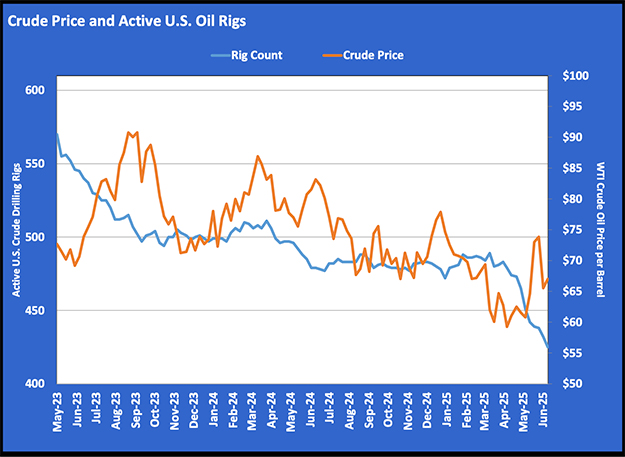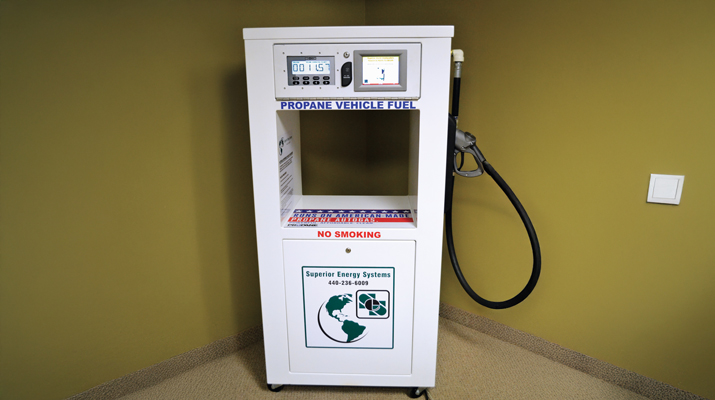Write to your representatives

Photo: yanyong/iStock / Getty Images Plus/Getty Images
Last month, we talked about the importance of having legislators visit your place of business.
This gives lawmakers a chance to see how your company runs, the challenges you face as a business owner and how the community is impacted by the services provided.
It is so important to have good rapport with those who represent you, but it’s not always easy to find time in everyone’s schedule.
Propane Days is the National Propane Gas Association’s (NPGA) annual event that connects professionals in the propane industry with members of the House and Senate at scheduled meetings in Washington, D.C.
Congressional offices were back open to the public this year for the first time since the 2019 Propane Days event, allowing for face-to-face meetings with legislators. These in-person meetings were canceled the past few years due to the pandemic.
Letter writing
Although propane retailers weren’t traveling to meetings in Washington, D.C., for a few years, it was still crucial to communicate about legislation that could impact the industry.
Letter writing can help bridge the communication gap when it is not possible to get face time with lawmakers. And with today’s technology, it is quick and efficient to reach representatives digitally.
NPGA provides resources that assist with digital letter writing campaigns. According to Jacob Peterson, director of state advocacy and affairs for NPGA, members of the association can use its platform to draft and send letters to their representatives digitally.
“NPGA utilizes a digital platform that allows our members to send letters, in bulk, directly to lawmakers and agencies at both the federal and state level regarding bills and regulations that impact the propane industry,” Peterson says.
Campaigns are built out in the platform for members to use, covering issues the NPGA supports as well as opposes.
“This platform makes it extremely easy for our members to convey their thoughts to officials and, importantly, ensures the point of view of our industry is understood,” Peterson says.
Speaking up in this way is key in making sure legislators recognize the importance of energy choice, which is one of the campaigns NPGA is promoting right now.
State propane associations also play a central role in the process.
“When an issue arises at the state level, we work jointly with our state and regional associations to develop an appropriate messaging campaign,” Peterson says. “State associations also play a vital role in distributing these campaigns to membership and encouraging participation.”
Currently, NPGA is running active messaging campaigns in multiple states, including Ohio and Wisconsin, says Peterson.
If your company is interested in using the tools provided by NPGA, a toolkit is available online for NPGA members.
Tips on writing letters to lawmakers
The American Civil Liberties Union (ACLU) stresses the effectiveness of communicating with elected officials with letters. Many legislators believe that a letter represents not only the position of the writer but also many other constituents who did not take the time to write, according to the ACLU.
Follow these five tips when drafting a letter to your lawmakers:
- Short and sweet: Keep your letter brief, stick to one page and only focus on one issue. Legislative aides read many letters on many issues in a day, so your letter should be as concise as possible.
- Get to the point: Within the first paragraph of the letter, state who you are and why you are writing. If your letter pertains to a specific piece of legislation, identify it by its bill number.
- Highlight three main points: Choose the three strongest points about the issue on which you are focusing and explain them well to support your position.
- Be personal: Share why this issue or legislation matters in your community or state by including a personal story about how the issue impacts you and your business. Let the representative know about your connection to them through voting, donations or previous interactions.
- You’re the expert: It is your legislator’s job to represent you as a constituent. Be courteous and to the point in your letter, but don’t be afraid to take a firm position.

















